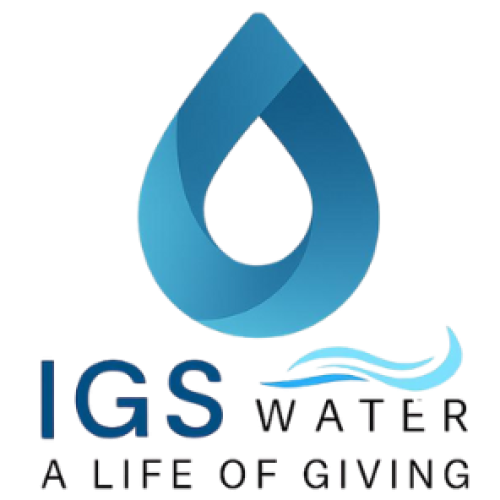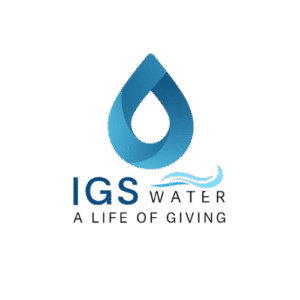Clean water is one of the most important resources we rely on every single day. It supports our health, our environment, our food production, and our communities. Yet many people overlook the small but meaningful steps that help protect and maintain water quality. Whether at home, on a farm, in a business, or within a community, everyone plays a role in keeping water clean.
Below are key practices that make a long-term difference in preserving safe, healthy, and sustainable water.
1. Reduce Pollution at the Source
Keeping water clean starts with preventing contaminants from entering it in the first place. This means reducing common pollutants such as chemicals, oils, plastics, and waste.
- Avoid dumping oils, paints, or chemicals down drains. These substances can end up in waterways and harm aquatic life.
- Dispose of household waste properly. Litter, plastics, and non-biodegradable items often end up in streams and oceans.
- Use eco-friendly cleaning products to lessen chemical runoff.
Small actions at home help protect larger water systems.
2. Improve Wastewater Management
Many homes, farms, and businesses generate wastewater that can carry pollutants. Proper treatment and monitoring are essential.
- Regularly maintain septic tanks to avoid leaks and overflows.
- In businesses and industries, ensure wastewater is treated before disposal.
- Support modern wastewater technologies that improve water clarity, reduce odors, and remove harmful substances.
Technology such as aeration, nanobubbles, and filtration systems can significantly improve water quality in ponds, lakes, and treatment facilities.
3. Prevent Soil Erosion
Erosion is one of the biggest contributors to water pollution. When soil washes into rivers or ponds, it brings with it sediments, fertilizers, and contaminants.
To reduce erosion:
- Plant vegetation along water edges.
- Avoid excessive land clearing.
- Use proper drainage systems during construction.
- Practice responsible farming techniques like crop rotation or maintaining grass cover.
These steps help stabilize soil and keep waterways clear and healthy.
4. Limit Fertilizer and Pesticide Runoff
Agriculture greatly depends on water, but it can also be a major source of contamination if chemicals are not managed properly.
- Apply fertilizers and pesticides only when necessary.
- Follow recommended amounts to prevent excess from washing into ponds or rivers.
- Use slow-release fertilizer products when possible.
- Create buffer zones of plants around water areas to absorb nutrients before they reach the water.
Reducing runoff helps prevent algae blooms, fish kills, and water imbalances.
5. Protect Natural Water Ecosystems
Wetlands, ponds, rivers, and lakes have natural processes that keep water clean. Protecting these ecosystems is essential.
- Avoid removing plants or disturbing natural water flow.
- Keep buffer zones around water bodies free from construction or heavy activity.
- Support local conservation programs that rehabilitate rivers, lakes, and coastal areas.
Healthy ecosystems naturally filter pollutants and maintain balanced aquatic life.
6. Invest in Modern Water Solutions
Technology is now one of the strongest tools for improving water quality. Many communities and businesses use systems such as:
- Aeration and destratification
- Nanobubble generators
- Water conditioners
- Advanced filtration systems
These technologies help increase dissolved oxygen, reduce algae, eliminate odors, break down contaminants, and restore water clarity. Modern solutions are efficient, environmentally friendly, and reduce long-term maintenance costs.
7. Practice Smart Water Use
Using water wisely helps reduce pressure on water sources and prevents waste.
- Fix leaks at home or in facilities.
- Use efficient irrigation systems.
- Avoid excessive water use, especially in areas facing scarcity.
- Reuse water when possible, such as greywater for plants or cleaning.
Responsible usage preserves clean water for future generations.
8. Educate and Get Involved
Awareness plays a huge role in maintaining clean water.
- Share information with family and community members.
- Join local clean-up drives or environmental programs.
- Support policies and organizations that protect water resources.
The more people understand the importance of water quality, the stronger the community becomes in protecting it.
Final Thoughts
Clean water does not happen automatically. It takes consistent effort, responsible habits, and the right technologies to protect and improve the water we depend on. Whether you are managing a home, a farm, a business, or a large property, every action contributes to cleaner and healthier water systems.
IGS Water continues to provide advanced solutions, including aeration, destratification, and nanobubble technologies, designed to improve water clarity, oxygen levels, and overall ecosystem health. Clean water starts with commitment, and together we can create safer, more sustainable water environments for everyone.

